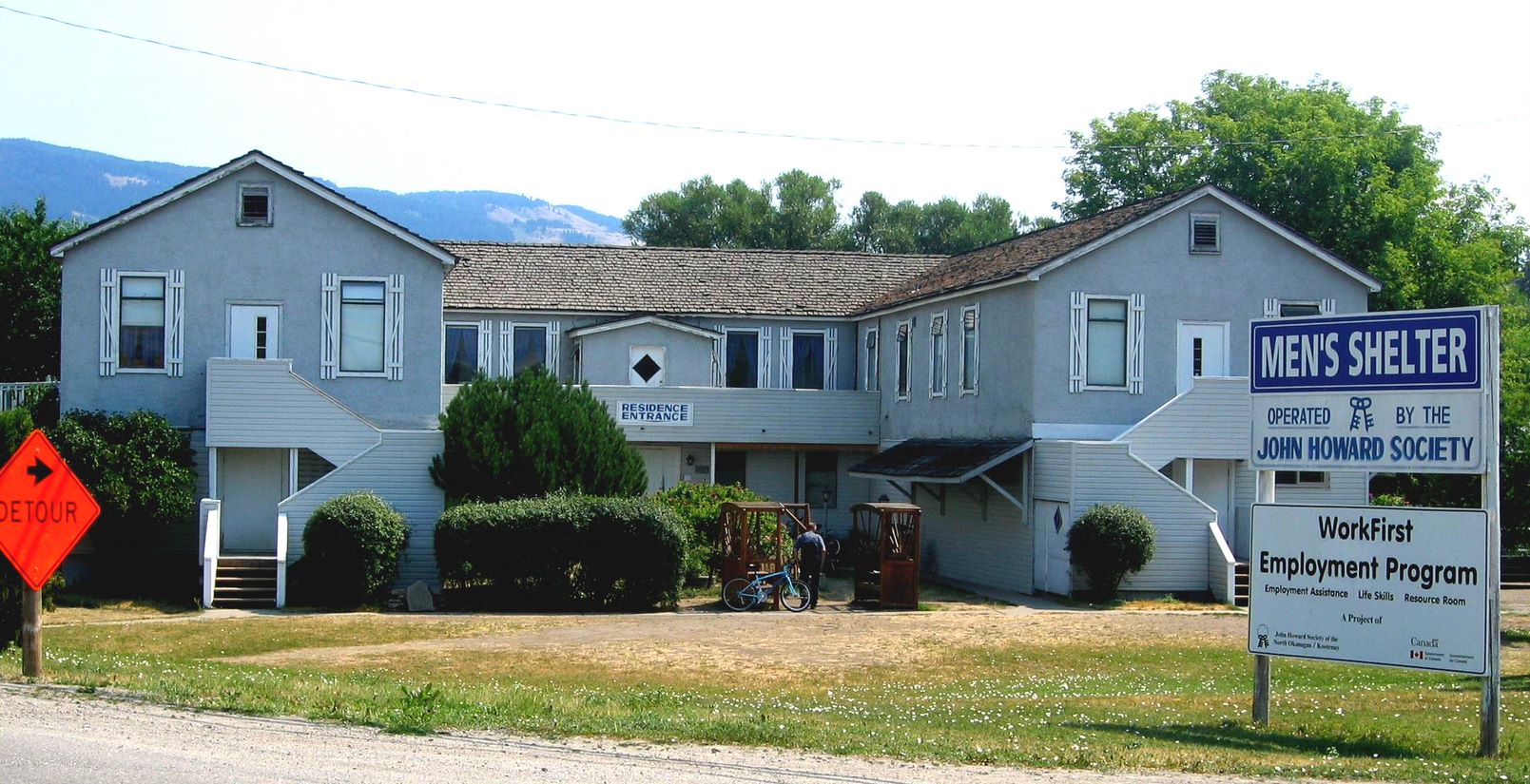History of Turning Points

OUR STORY
Turning Points Collaborative Society has grown rapidly over the past few years. Since 2017 alone, we’ve increased from 50 staff to over 200. We’ve also expanded operations throughout the Okanagan and now have programs reaching from Enderby to Summerland.
What brought on this swift expansion? When Randene Wejr was hired as Executive Director in 2017, the organization went through a strategic planning process. This process helped define Turning Points priorities and our role in the communities we serve. From there, plans were put in place to improve our programs, expand our reach, and prioritize collaboration and community building.
In the 50 years we’ve been serving the Okanagan, we’ve had some incredible success and some challenges. But every one of those experiences shaped who we are today and our path forward in the years to come! Check out the timeline below to learn more about our journey.
1957
Turning Points Collaborative Society (then a chapter of the John Howard Society) was founded by Bill Hesketh. The services the society offered were designed to support transient men and parolees. The organization was originally based out of Kelowna.
1961
Bill Hesketh, was officially hired and case management services began.
1967
Howard House hostel (for transient men) opened in Vernon at the Topping family farmhouse.
1973
The Howard House hostel burnt down. Residents were temporarily housed at Camp Hurlburt on Lake Okanagan, owned by Trinity United Church. While there, the men built a chapel.
1974
Howard House re-opened at a new location near Vernon Hospital. A number of rooms were dedicated to addictions recovery.
1978
Howard Industries started. This progressive social enterprise provided meaningful employment opportunities for Howard House residents in forestry, agriculture, and animal husbandry. Howard Industries continues to provide meaningful employment opportunities for Turning Points’ clients though now they are mostly in maintenance and culinary arts.
1996
Howard House programming expanded to include a large community garden and a shelter for abandoned kittens – both run by parolees.
First employment program began – the Workfirst program.
1996 - 2004
Three violent incidents involving former Howard House residents occurred. In one of these incidents, a local senior, Bill Abramenko, was murdered. This led to major organizational changes, including the resignation of the Executive Director and a shift away from working with parolees.
2005
Rooms that previously housed parolees were re-assigned to men who had insecure housing.
2008
Began offering services to women. The first gender-inclusive shelter, Gateway Support Services, opened.
The first Homeless Outreach worker was hired to work with landlords and those seeking affordable housing.
2012
Homeless prevention program started. Part of this programs’ mandate is to provide support to women fleeing domestic violence.
2013
Bill’s Place, a recovery house named after Bill Hesketh (the organization’s founder), opened. This program provides addictions recovery services to people in a sober living environment.
2014
Intervention services program started.
Employment office opened (in partnership with WorkBC). This program offers specialized support to clients facing multiple barriers to employment.
2015
A large office space was generously donated by Mike and Beverly Davies.
2016
Supportive Housing Program started. Blair apartments opened.
2017
Haven Place opened in Vernon. This sober living program provides affordable supportive housing.
Creekside Harm Reduction program began. This was an addictions recovery program.
2018
Ended affiliation with John Howard Society and renamed Turning Points Collaborative Society.
2019
My Place, supportive housing program in Vernon opened its doors. Services include access to proper meals, a health navigation team, and other ongoing supports. All programs running at Howard House are transferred over to this new location.
Cammy La Fleur Street Outreach Program started. This program is designed to improve people’s health, and help those who have, or who are at risk of getting, blood borne pathogens.
2020
Due to conditions created by COVID-19 two of Turning Points Collaborative Society’s Vernon shelters (Gateway Shelter and Our Place Shelter) merged into one, becoming the Temporary Amalgamated Shelter.
Turning Points Collaborative Society began offering Bridge housing in West Kelowna to support those who were most at risk during the pandemic.
2020
West Kelowna outreach program started. Among other services this program provides meals, harm reduction, and hygiene supplies, ongoing support. It’s primary focuses are homelessness prevention, shelter diversion, and rapid resolution.
2021
Turning Point staff say a tearful goodbye to Howard House as the building is demolished. The facility had fallen into disrepair and programming was no longer being held there.
Interim housing in West Kelowna opens to meet the needs of unhoused people who are at risk during the pandemic.
Pivot Housing opens in Vernon. These six homes contain single occupancy units. One of these homes is specifically designated to house women.
Bartley Road Temporary Shelter opens in West Kelowna.
Turning Points purchases Hillside Apartments and Cedar Park in Enderby which will protect affordable housing stock in the North Okanagan.
2022
In January, Turning Points is entrusted with ownership and operations of Pioneer Place in Enderby. This 55+ site is an affordable housing property.
In February, Turning Points purchases Hillside Apartments in Enderby. A 19 unit affordable housing property.
2023
In January of 2023, Turning Points officially opens the doors to The Crossings, a twin building to My Place which consists of 52 units of supportive housing in Vernon.
In May of 2023, we assume operations of Columbus Village in Kelowna – a 40 unit affordable housing property.